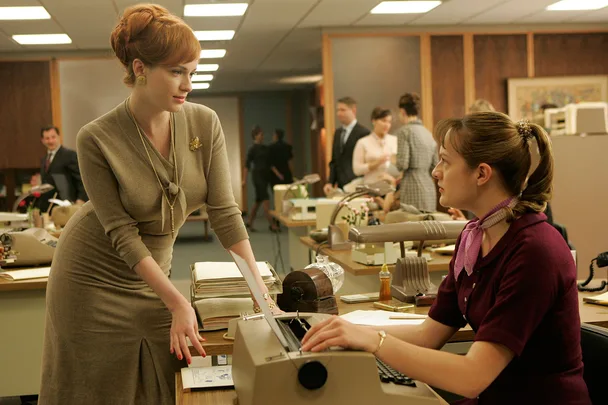When you and the night cleaning staff are the only people still left in the office, it’s a pretty righteous feeling. You’re definitely in line for the next promotion and a bigger salary. Or are you? Could it be that when you’re going all out at work, your career and wellbeing are both, in fact, going backwards?
Wait, what? That’s the reverse of everything we’ve always been told are the keys to success: effort equals achievement, right? Wrong. According to new study we might have been mistaken about trying so hard at work all this time.
The study, according to The Cut, looked at how work effort – overtime and “work intensity”- affects employee outcomes in terms of career and also wellbeing (think: stress). The study used data from over 50,000 subjects from European countries and found that “increased work intensity was associated with reduced wellbeing and inferior work outcomes.”

That’s right, trying super hard at work means you’ll not only not live your best work life with a stellar promotion or dream job, your health will also be impacted by all that hard-yet-unrewarded extra effort.
Which, when you think about it makes a lot of sense. When you’re working crazy hard there has to be some serious stress and fatigue-related impact on your body.
While this study signals good news for all the workers who have been phoning in their work effort for their entire careers, it’s also a sensible reality check for all the super hard workers who will probably burn out if they keep working at break-neck speed. Time to eliminate the twenty-four-seven work model and bring back the nine-to-five?










